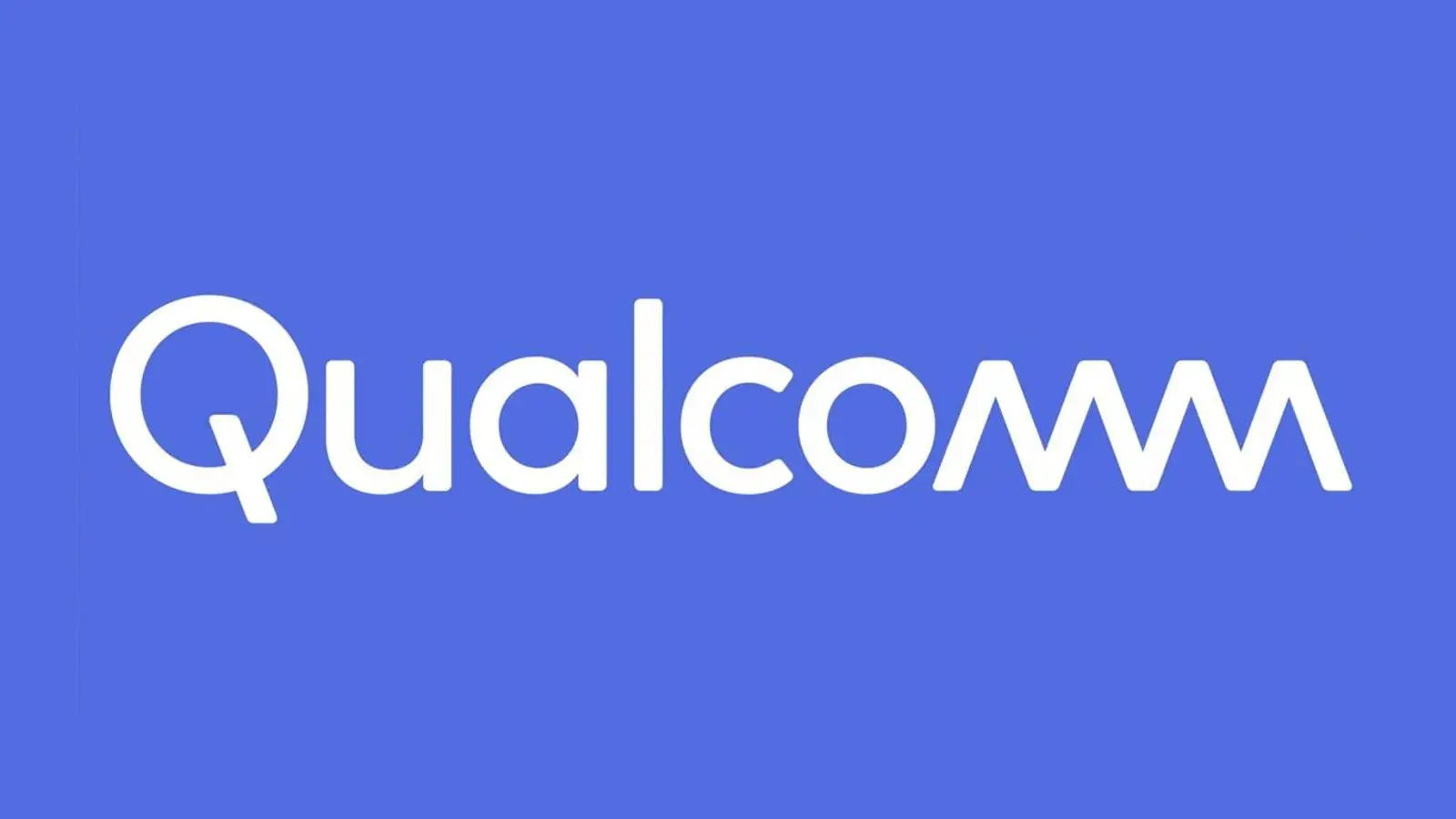https://pepelac.news/en/posts/id3507-qualcomm-defeats-arm-as-court-upholds-nuvia-core-licenses
Qualcomm defeats Arm as court upholds Nuvia core licenses
Court dismisses Arm's claims, validating Qualcomm's Nuvia core licenses
Qualcomm defeats Arm as court upholds Nuvia core licenses
A Delaware court dismissed Arm's final suit, affirming Qualcomm and Nuvia core licenses. The ruling clears legal hurdles and strengthens Qualcomm's roadmap.
2025-10-01T16:57:44+03:00
2025-10-01T16:57:44+03:00
2025-10-01T16:57:44+03:00
Qualcomm has secured a complete legal win over Arm in their long-running licensing dispute. The U.S. District Court in Delaware dismissed Arm’s final lawsuit against Qualcomm and its subsidiary Nuvia, confirming that the processor cores developed after the Nuvia deal were lawfully licensed. The ruling reinforces a December jury verdict, when Qualcomm had already demonstrated that its practices complied with Arm’s rules.In effect, the court closed the door on Arm’s claims and affirmed Qualcomm’s ability to push its architecture without legal headwinds. The company said the decision strengthens Qualcomm’s standing as a semiconductor leader and clears the path for new designs built on Nuvia cores. It’s hard not to see this as a green light for more ambitious roadmaps.It’s not just a legal outcome but a strategic one: Qualcomm showed it can defend its innovations and resist attempts by Arm to set the terms for the industry. Still, the standoff isn’t over—In 2026, the court will hear Qualcomm’s counterclaim against Arm over alleged breach of contract and unfair competition, a reminder that the rivalry has simply moved to its next chapter.
Qualcomm, Arm, Nuvia, licensing dispute, court ruling, Delaware court, processor cores, Arm architecture, lawful licenses, Qualcomm roadmap, 2026 counterclaim, unfair competition
2025
news
Court dismisses Arm's claims, validating Qualcomm's Nuvia core licenses
A Delaware court dismissed Arm's final suit, affirming Qualcomm and Nuvia core licenses. The ruling clears legal hurdles and strengthens Qualcomm's roadmap.
Qualcomm has secured a complete legal win over Arm in their long-running licensing dispute. The U.S. District Court in Delaware dismissed Arm’s final lawsuit against Qualcomm and its subsidiary Nuvia, confirming that the processor cores developed after the Nuvia deal were lawfully licensed. The ruling reinforces a December jury verdict, when Qualcomm had already demonstrated that its practices complied with Arm’s rules.
In effect, the court closed the door on Arm’s claims and affirmed Qualcomm’s ability to push its architecture without legal headwinds. The company said the decision strengthens Qualcomm’s standing as a semiconductor leader and clears the path for new designs built on Nuvia cores. It’s hard not to see this as a green light for more ambitious roadmaps.
It’s not just a legal outcome but a strategic one: Qualcomm showed it can defend its innovations and resist attempts by Arm to set the terms for the industry. Still, the standoff isn’t over—In 2026, the court will hear Qualcomm’s counterclaim against Arm over alleged breach of contract and unfair competition, a reminder that the rivalry has simply moved to its next chapter.
